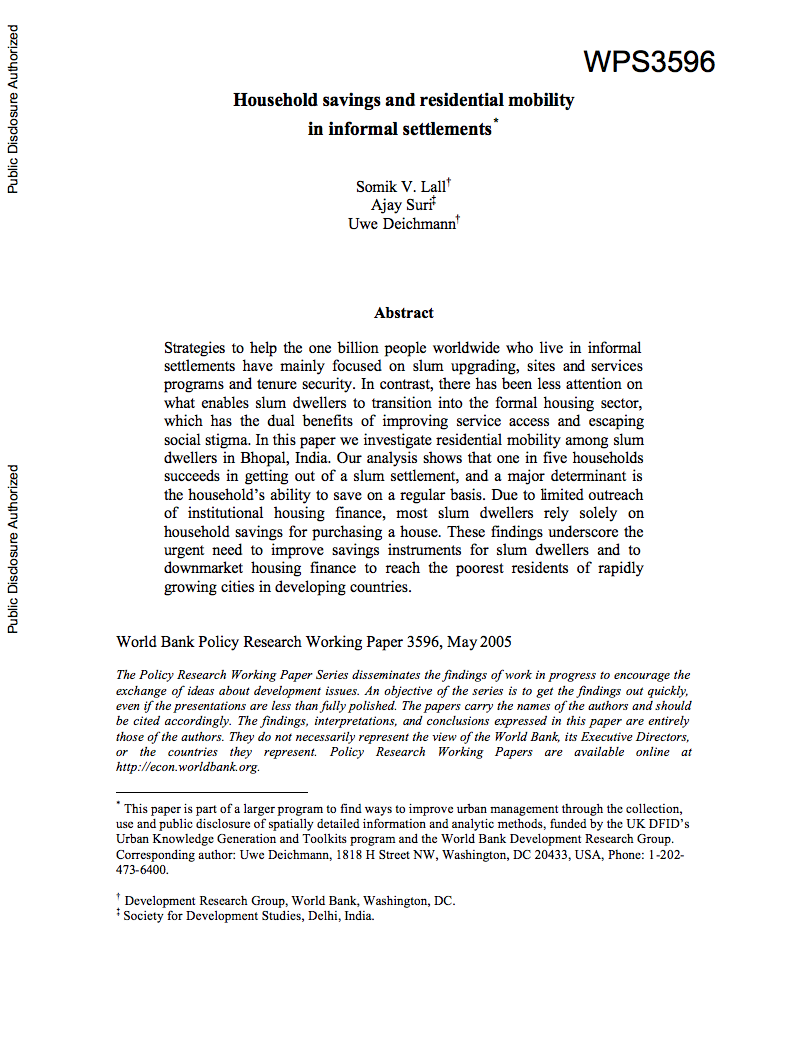Labor Market Distortions, Rural-Urban Inequality, and the Opening of China's Economy
The authors evaluate the impact of two
key factor market distortions in China on rural-urban
inequality and income distribution. They find that creation
of a fully functioning land market has a significant impact
on rural-urban inequality. This reform permits agricultural
households to focus solely on the differential between farm
and non-farm returns to labor in determining whether to work
on or off-farm. This gives rise to an additional 10 million


